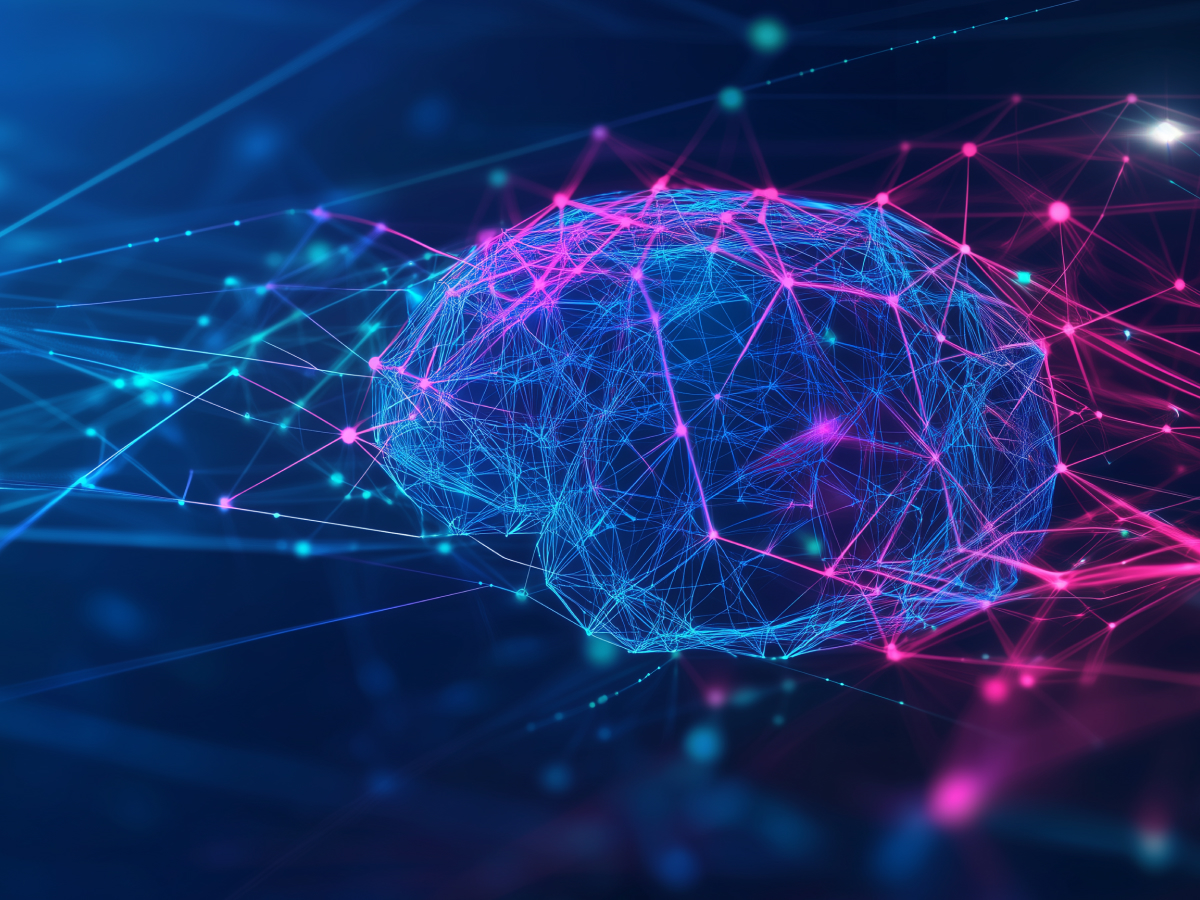AI agents are a transformative shift
AI agents are disrupting the relationship between humans and technology. Until now, software has always required us to guide it. With agents, the software takes the wheel, performing tasks autonomously and efficiently. Imagine software that, along with being a functional tool, also acts as a collaborator, executing intricate tasks without needing hand-holding.
Take OpenAI’s Operator, launching this January. It’s designed to go beyond the basic “question-and-response” capabilities of AI chatbots. Instead, Operator will handle real-world tasks like writing complex code, organizing schedules, and booking travel arrangements. It does this by directly interacting with the applications on your computer or tapping into cloud services. The process is seamless and multi-step, much like having a highly skilled executive assistant who never sleeps.
Anthropic’s Claude 3.5 Sonnet model is another example, equipped with what they call “Computer Use.” The goal here is to gain control over the tools we use daily. Claude can move a mouse, click on icons, and type commands on its own. It’s like watching a capable virtual worker operate your computer, turning commands into completed tasks.
These tools are still in their early stages, what some might call “beta,” but the direction is crystal clear. We’re entering a future where software works alongside us as an equal, executing plans we’ve set into motion.
AI agents compared to traditional chatbots
What sets AI agents apart is their ability to think, act, and remember. These are fundamental features that give agents their edge over traditional chatbots.
- Reasoning is the starting point. AI agents don’t regurgitate pre-trained responses. Instead, they analyze what you want, break it into manageable parts, and create a logical plan. Whether the task is simple or complex, the agent explains its steps, providing transparency that builds trust.
- Action is where the “magic” happens. Unlike static chatbots, agents interact with the digital ecosystem around them. They perform web searches, query databases, execute code, and even collaborate with other software. Need a financial report generated? The agent doesn’t ask you to input data; it fetches it, crunches the numbers, and delivers insights.
- Memory access is the glue that holds everything together. Through referencing past interactions, agents personalize their behavior. If you’ve had a prior conversation about business goals, the agent remembers. It adapts, learns, and makes sure every interaction builds on the last.
This functionality is exemplified by Anthropic’s “Computer Use,” where agents can handle real-world interfaces designed for humans. They can navigate interfaces with precision, transforming software from rigid systems into adaptable assistants.
This trifecta of reasoning, action, and memory is underpinned by the ReACT framework—a feedback loop of planning, executing, and refining. This iterative approach is practical, making sure agents continually optimize how they work, and deliver results that align closely with user expectations.
AI agents will cause disruption across industries
AI agents are set to transform how businesses operate, fundamentally altering workflows.
Picture a workplace where repetitive, tedious tasks like data entry, scheduling, or report generation are no longer performed by employees. Instead, AI agents handle these autonomously. Human talent is redirected toward creative, strategic work that drives growth.
With the adoption of agents, new roles will emerge. Specialists will be needed to train and supervise these systems, creating opportunities in fields like agentic system management and oversight. Cybersecurity, too, will see a shake-up. As attackers adopt agentic AI, businesses will deploy their own agents to counteract these threats. It’s a chess game of automation.
The implications for efficiency are enormous, but so are the challenges. AI agents aren’t plug-and-play; they’re complex systems that need careful integration. The payoff, though, is clear: a leaner, smarter workforce where humans and agents collaborate seamlessly.
Integrating AI agents with Augmented Reality (AR)
Pairing AI agents with augmented reality is a natural evolution. Let’s get lofty for a moment. Picture this: you’re walking through a city wearing AR glasses. You glance at a concert poster, and your glasses capture the image. All you have to do is say, “Book this for me,” and your agent handles everything. It secures tickets, checks your calendar, sends an invitation to your partner, arranges a babysitter, and schedules a self-driving car for the evening.
AI agents make AR intuitive and deeply functional. Through blending visual, audio, and voice inputs, these systems provide effortless control over everyday interactions. Predictions suggest that AI-powered AR glasses might even replace smartphones, becoming the central hub of personal and professional connectivity.
The potential goes far beyond convenience. Imagine professionals using AR glasses to manage real-time tasks, such as engineers receiving step-by-step instructions during complex repairs or executives reviewing live business analytics during a meeting.
The diverging impacts on personal and professional development
AI agents will impact personal and professional growth in profoundly different ways, depending on how they’re used.
For some, agents might become a crutch. Why learn a new skill or gather information when an agent can do it for you? This could lead to a worrying trend where individuals lose their drive to grow, outsourcing critical thinking and problem-solving to their virtual assistants.
For others, the story will be the opposite. These users will leverage agents as accelerators for growth. Imagine having instant access to insights, tailored training plans, and contextual knowledge whenever you need it. An agent could guide professionals through learning new software, mastering new industries, or even gaining real-time updates on global trends.
The real question is one of balance. Will we use these tools to augment our capabilities or to avoid challenges? The answer lies in how we integrate agents into our lives, using them as partners in growth rather than substitutes for effort.
The dawn of agentic AI
We’re standing at the edge of a new era in technology, one that will redefine the boundaries of human-machine interaction. Tools like OpenAI’s Operator and Anthropic’s Claude 3.5 are just the beginning.
From automating routine tasks to driving innovations in AR and cybersecurity, the possibilities are expansive. These agents will shape industries, redefine personal productivity, and challenge us to rethink how we work, learn, and grow. And it all starts now.




